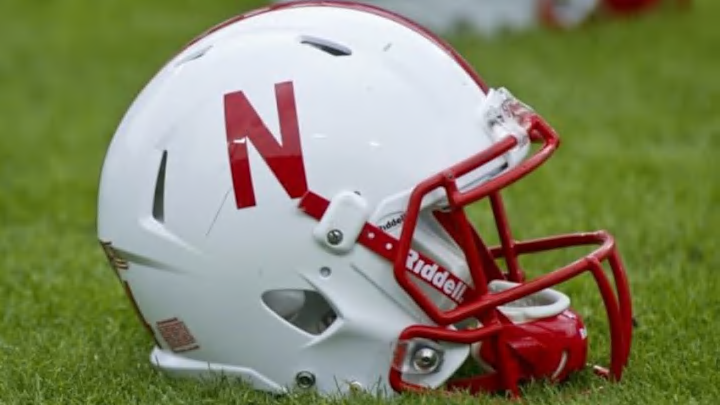Former Nebraska players say that a financial adviser paid them money illegally and then later stole their money.
More from College Football
- Colorado gives Pac-12 a possible death knell with move to Big 12
- Jim Harbaugh facing 4-game suspension over NCAA violations
- College football neutral site games in 2023: Full list
- College GameDay announces surprise Week 1 destination
- College football analyst warns Oklahoma that Texas is doing better prep for SEC
Former Dallas Cowboys linebacker and former player at the University of Nebraska, Steve Octavien, is getting on with his life after playing six years of professional football. However, the 29-year-old hasn’t forgotten how he handed over $80,000 of his money, including a signing bonus, to a stockbroker and financial adviser named Mary Wong.
According to a story by Julie Steinberg for The Wall Street Journal, Octavien met Wong while playing for Nebraska in 2008 and she occasionally paid his rent and various other expenses. Actions that were probably in violation of National Collegiate Athletic Association rules.
Octavien never saw that $80,000 again and Wong was later arrested and pleaded guilty to fraud. She is currently serving a 63-month sentence in prison. Wong falls into somewhat of a loophole of the NCAA rules that prohibit agents and similar from giving gifts or valuable items to amateur athletes. Plenty of people have financial advisers and those who work in these occupations often contact amateur athletes who appear to be headed for a promising pro career.
Current defensive tackle for the Cincinnati Bengals Devon Still said he was approached by five financial advisers while at Pennsylvania State University. Still said each of the advisers promised to make him more than anyone else if he hired them. He later hired a broker in his senior year, eventually investing $100,000 upon joining the NFL. That broker was banned last year from the industry for reasons related to fraud. Still hasn’t seen his $100,000 since then.
Octavien and Still aren’t the only players to be duped by unscrupulous financial advisers and colleges are beginning to be aware of the problem. There is growing momentum to cover the gap between sports agents not being allowed to approach athletes and the apparently pervasive problem of financial advisers doing exactly that.
More from FanSided
- NFL rumors: Aaron Rodgers sets Jets up for Super Bowl run with new contract
- MLB Trade Grades: Dodgers land Amed Rosario from Guardians
- Colorado gives Pac-12 a possible death knell with move to Big 12
- NFL rumors: Dalvin Cook suitor maintaining very ‘real’ interest
- Braves get dose of bad news on Max Fried as ace nears return
